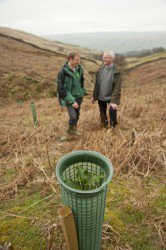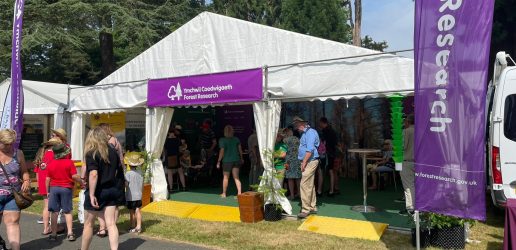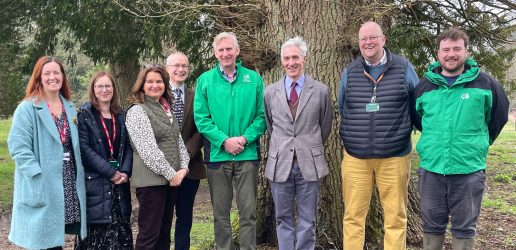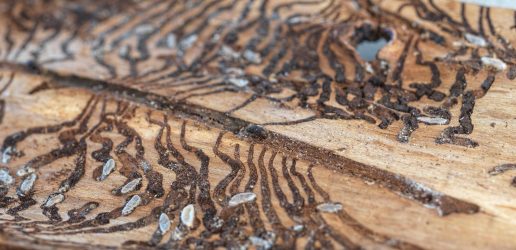-
- DNA fingerprinting
- DNA species identification
- Habitat network analysis
- Land use & ecosystem research
- Pest management
- Pesticide efficacy testing
- Plant, tree, soil & water testing
- Social & economic research
- Technical development services
- Technical Services Unit
- Tree health diagnostic & advisory
- Urban trees services
-
ServicesBack
- DNA fingerprinting
- DNA species identification
- Habitat network analysis
- Land use & ecosystem research
- Pest management
- Pesticide efficacy testing
- Plant, tree, soil & water testing
- Social & economic research
- Technical development services
- Technical Services Unit
- Tree health diagnostic & advisory
- Urban trees services
News



